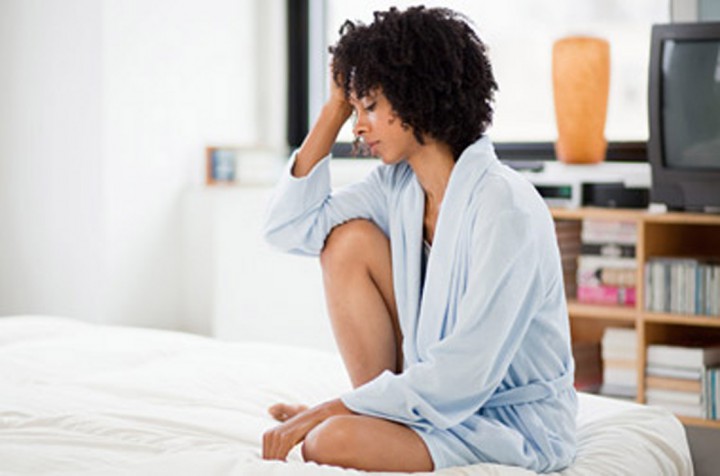New research suggests women’s birth control — like the pill, patch, and IUD — is tied to an increased risk of depression.

Millions of women around the world are on hormonal contraception, and it’s long been believed to affect their mood. But this 13-year research project out of Denmark, published in JAMA Psychiatry, is the first to try to figure out the magnitude of the problem.
From 2000 to 2013, the scientists tracked the use of contraceptives and antidepressants in more than one million women aged 15 to 34.
Women who used hormonal contraception were found to have a 40 per cent greater chance of developing depression after six months of use, compared to those who didn’t use it.
Female contraceptives appeared to have the greatest effect on teen girls. Adolescents were twice as likely as adults to take antidepressants after going on birth control.
The impact on mental health appeared to differ with the kind of contraception that was used.
Those with the highest rates of antidepressant use were more likely to rely on rings, implants, patches or injections.
READ MORE: Warning for women who use NuvaRing
In fact, a women’s risk of depression more than doubled when on progestin-only pills.
Her chance of depression tripled with the use of the levonorgestrel IUD (brand name Mirena). The researchers believe that’s because even though the system “primarily works locally, it also delivers levonorgestrel to the systemic circulation.”
WATCH: How does birth control affect someone’s emotions?

Reality check
Before you toss out your birth control pills, though, there are a few things to take into account.
The study noted that after four to seven years of birth control, women had dramatically lower rates of depression than nonusers.
Those who started birth control at an older age also experienced reduced rates of depression.
WATCH: Birth control myths and facts
Another shortcoming of the study is that it can’t account for subjects who may have already had depression that wasn’t yet diagnosed. The results only excluded those who’d been treated for depression before the study started.
Secondly, as the researchers acknowledge, teens have been said to be more vulnerable to depression to begin with.
READ MORE: 22% of Canadian teens considered suicide this past year
Seattle pediatrician Cora Breuner, who’s a chair of the committee on adolescents for the American Academy of Pediatrics, cautioned against overreacting to the study.
In an interview with Kaiser Health News, she pointed out the majority of women use hormonal contraception without any mental health side effects. Some of her patients even use contraceptives to help regulate their moods.
Breuner also claimed regular use of contraceptives can help regulate menstrual cycles.
“An unintended and unwanted pregnancy,” she added, “far outweighs all the other side effects that could occur from a contraceptive.”


Comments